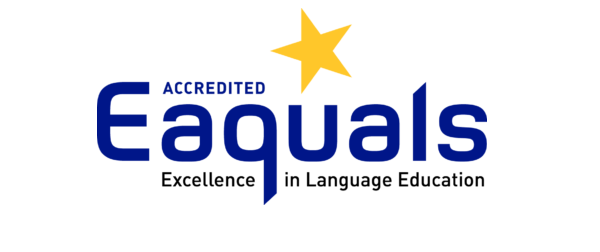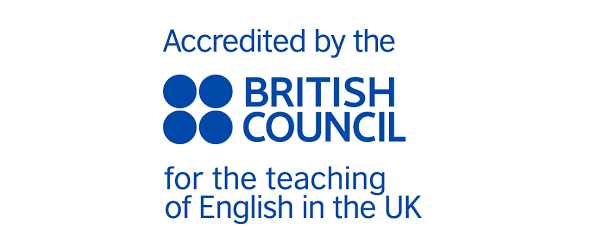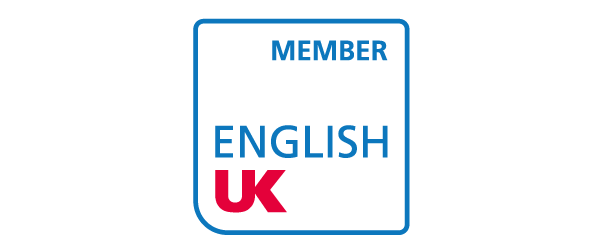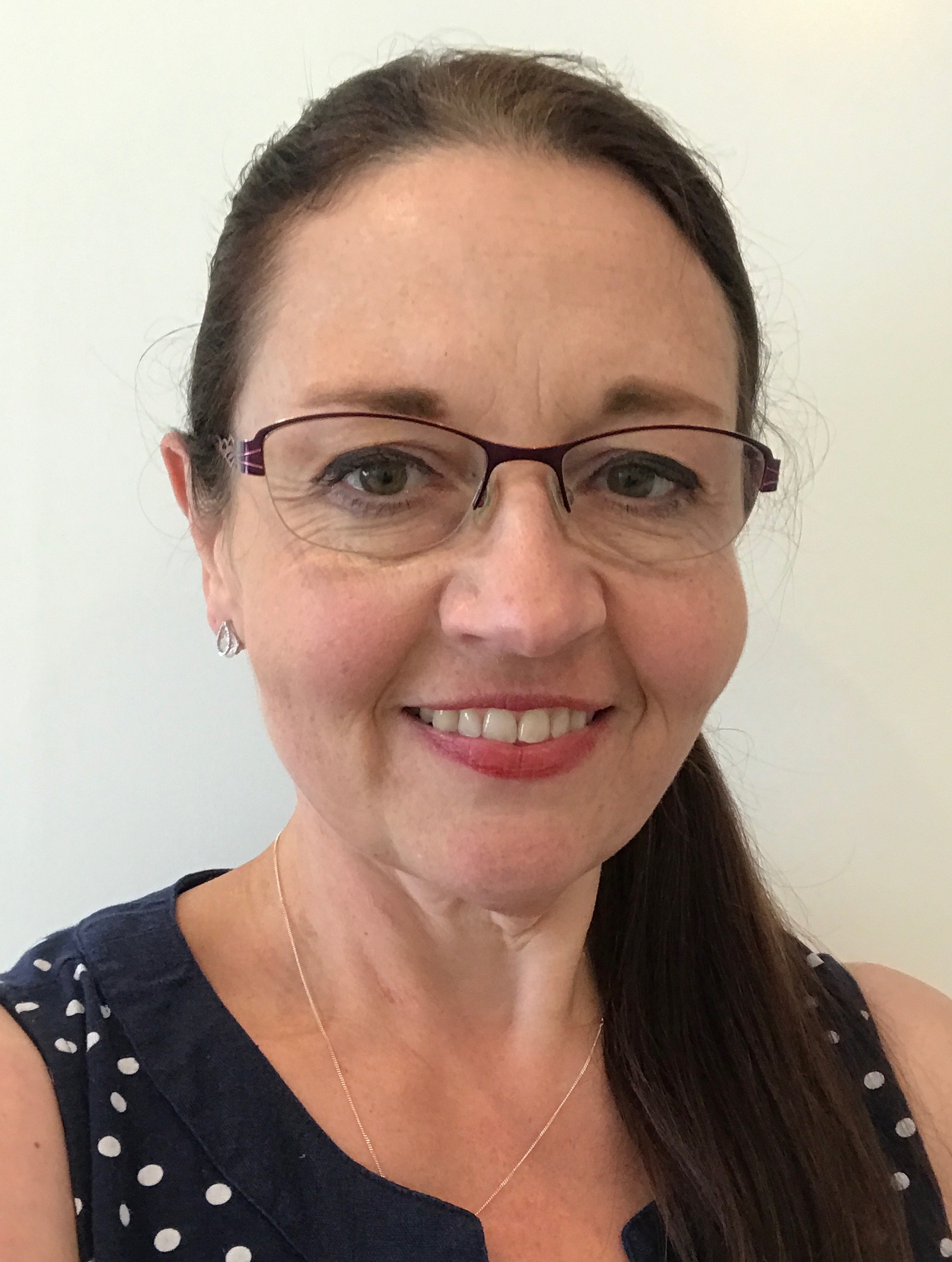|
This course will support you in the inclusive classroom by helping you to understand the main specific learning differences you are likely to see in your classes. It will equip you with a toolbox of activities, resources and techniques that can help break down barriers to learning a language and allow all students to engage in their learning. You will examine the typical challenges faced by learners with these learning differences and how being neurodiverse can cause barriers to learning, such as how it can affect how we process information. You will explore solutions you can use to overcome learning difficulties, by examining some proven teaching strategies to help students, including multisensory learning techniques. APPLY
This is an ideal course for any teacher who would welcome the opportunity to understand more about how to support their learners with learning differences. You will also have the opportunity to share your classroom experiences and collaborate with others. Is this course for you?Location: Online
Experience:
English language teachers wanting to learn more about how to support learners of all ages with learning differences Language Level: B2 or higher
Course dates:
12 January - 18 March 2026 13 April - 17 June 2026 14 September - 18 November 2026 Course Length: 8 weeks
Course Length: 8 weeks
Minimum age: 18
Max class size: 18
Tutor-led and highly interactive
Live and asynchronous eLearning platforms
Specialist ELT eLibrary
Accredited by AQUEDUTO
Course contentKey terminology used in the field of SEND and inclusion
Understanding specific learning differences, including dyslexia, dyscalculia, dyspraxia, ADHD, autism and other learning needs
Key strategies and techniques to support learners with SpLDs, including multi-sensory learning, graphic facilitation and drama
Educational concepts such as learning styles and Bloom’s taxonomy in the teaching of learners with SpLDs
Strategies to support the development of all four language skills
Strategies for teaching vocabulary, grammar and spelling to learners with SpLDs
Accessibility in teaching and learning
Focus on assessment for learners with additional needs
Mental health issues and strategies to support learning for these learners
Further InformationNILE Online courses are highly interactive and learning takes place through varied and engaging multimedia content and the collaboration between participants from different contexts. All participants work on the same unit in the same week but there is a high level of flexibility within that time period to help you fit studying around your life and work. The interaction, via forums and other collaborative tools built into the platform, helps and encourages you to share ideas, ask questions, explore concepts and build up a community. You need a computer, a headset (with microphone) and an Internet connection. Much of the course can be done on a mobile device, but a computer is needed for certain activities and tasks. Participants have access to NILE's extensive ELT e-library and an innovative social and cultural programme. All NILE Online courses include an element of professional language development, i.e. language related to course content and/or the classroom. Course Leader: Rachel ÖnerRachel is a freelance education consultant, writer and teacher educator based in Norfolk, UK. She has worked in EFL and ESOL for over 30 years, in Spain, France and the UK. Rachel holds Chartered Teacher Status and Advanced Teacher Status (ATS). In 2022 her ATS research project was nominated for Best Improvement Project 2022. Rachel has a keen interest in learning differences and has been awarded several qualifications in neurodiversity needs. Rachel is the National Co-Chair of NATECLA (The National Association for Teaching English and Community Languages to Adults). She speaks regularly at national and regional conferences in support of ESOL. You can find out more about Rachel’s work here: www.onerconsultancy.co.uk
Available dates:
|





